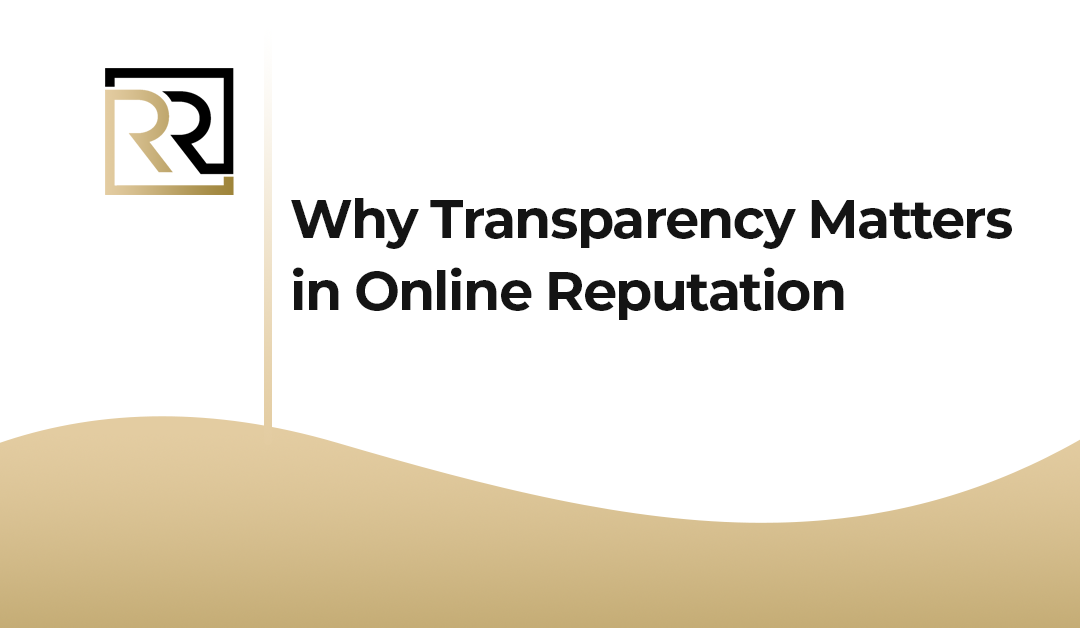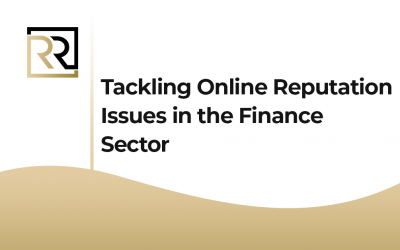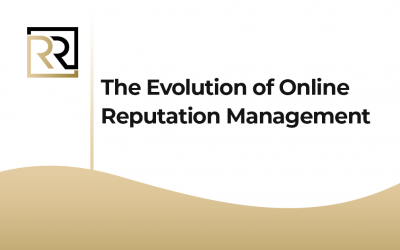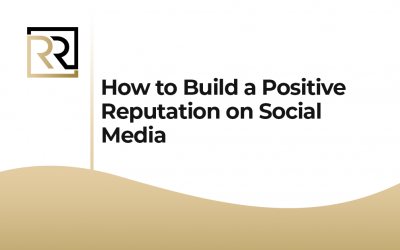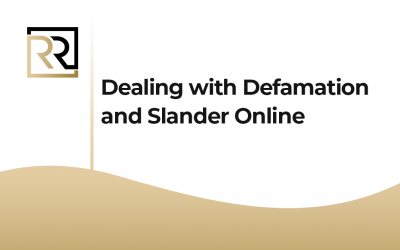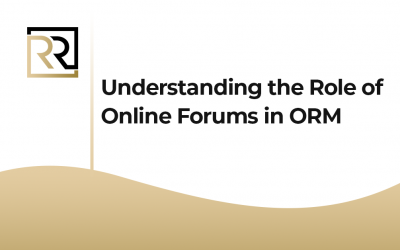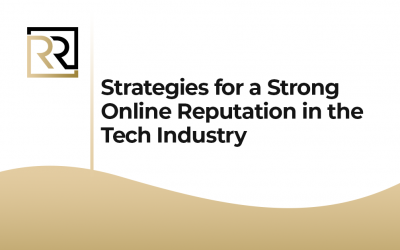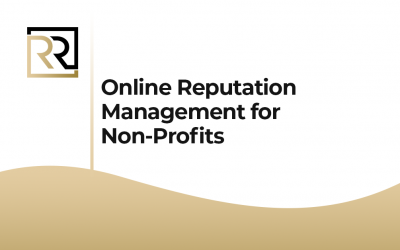Transparency in Online Reputation
Understanding Why Transparency in Online Reputation Matters.
Further, in the dynamic digital landscape, where information flows freely, establishing and maintaining a positive online reputation is paramount. Moreover, one key element that plays a pivotal role in shaping a brand or individual’s online image is transparency. Therefore, in this article, we will delve into the significance of transparency in online reputation management, exploring how it builds trust, addresses challenges, and contributes to long-term success.
Why Transparency in Online Reputation Matters?
1. Trust as the Foundation
Besides, trust is the bedrock of any successful relationship, whether personal or professional. Thus, in the online realm, where face-to-face interactions are limited, building trust becomes even more critical. Further, transparency acts as a bridge to establish and reinforce trust with your audience.
Moreover, when individuals or brands are transparent about their actions, decisions, and values, it creates an open and honest connection with their audience. Besides, trust is not given; it is earned through consistent transparency and a commitment to openness.
2. Addressing Challenges Head-On
No entity is immune to challenges or setbacks. Thus, in the digital era, where information circulates rapidly, challenges can quickly escalate if not addressed proactively. Therefore, transparency provides a mechanism to confront challenges head-on, demonstrating accountability and a commitment to resolution.
Moreover, when faced with a crisis or negative feedback, addressing the issue transparently – acknowledging mistakes, providing explanations, and outlining corrective actions – can turn a potential reputational threat into an opportunity to showcase integrity and responsibility.
3. Consumer Empowerment
What’s more, the modern consumer is empowered with information and options. Generally, before making a purchase or engaging with a brand, consumers conduct extensive research online. That is why, transparency empowers consumers by providing them with the information they need to make informed decisions.
Furthermore, brands or individuals that are transparent about their products, services, and business practices enable consumers to evaluate whether they align with their values. Ultimately, this transparency fosters a sense of empowerment among consumers, as they feel in control of their choices.
4. Building a Positive Online Narrative
Eventually, transparency contributes to building a positive online narrative. Moreover, when individuals or brands are transparent about their achievements, milestones, and positive contributions, it adds depth and authenticity to their online presence. For example, sharing success stories, client testimonials, and positive experiences creates a narrative that goes beyond self-promotion.
Moreover, by actively promoting positive aspects of their journey, transparent entities shape an online narrative that resonates with their audience and contributes to a favorable overall image.
5. Setting Realistic Expectations
What’s more, transparency involves setting realistic expectations for your audience. Whether it’s about product performance, service delivery, or business milestones, being transparent about capabilities and limitations sets the stage for realistic expectations. However, overpromising and underdelivering can quickly erode trust, while transparent communication builds credibility.
Also, by clearly communicating what consumers can expect, transparent entities manage expectations effectively. Therefore, reducing the likelihood of disappointment and negative reactions.
6. Social Media Amplification
Moreover, in the age of social media, where information can go viral within seconds, transparency becomes a strategic tool. Thus, social media platforms amplify both positive and negative content. Also, transparent entities can leverage these platforms to share authentic stories, respond to feedback, and engage with their audience in real-time.
Therefore, by actively participating in the social media conversation and maintaining transparency, entities can shape the narrative around their brand, effectively managing their online reputation.
7. Strengthening Customer Relationships
Hence, transparent communication fosters stronger relationships with customers. When customers feel that a brand or individual is open about their processes, values, and decision-making, it creates a sense of partnership. Also, transparency builds a rapport that extends beyond a transactional relationship, leading to customer loyalty and advocacy.
Additionally, actively seeking and valuing customer feedback, addressing concerns transparently, and involving customers in the brand’s journey contribute to a positive and enduring relationship.
8. Employee Engagement and Advocacy
Transparency is not limited to external communication; it also extends to internal practices. Thus, transparent communication within an organization builds employee trust and engagement. Furthermore, when employees are informed about the company’s vision, goals, and challenges, it creates a shared sense of purpose.
What’s more, engaged employees who understand and align with the organization’s values become brand advocates, contributing positively to the external perception of the brand.
9. Adapting to Changing Environments
Further, the business landscape is dynamic, and entities must adapt to changing environments. Besides, transparent communication about strategic shifts, market challenges, or changes in business practices allows entities to manage expectations and navigate transitions more smoothly.
Indeed, transparency demonstrates a commitment to openness, even in the face of uncertainty. It also positions entities as adaptable and responsive to the evolving needs of their audience.
10. Continuous Improvement and Learning
Transparency is not a static state but a continuous process of improvement and learning. Moreover, transparent entities actively seek feedback, learn from experiences, and communicate their commitment to growth. Besides, this openness to learning and evolving reinforces a positive online reputation.
Therefore, entities that embrace transparency as a mindset are perceived as forward-thinking and dedicated to continuous improvement, earning the respect and trust of their audience.
Conclusion: Transparency in Online Reputation
Further, in the intricate tapestry of online reputation management, transparency emerges as a thread that weaves trust, authenticity, and resilience. Whether addressing challenges, empowering consumers, building a positive narrative, or strengthening relationships, transparency is the currency that builds and sustains reputational capital.
Furthermore, entities that recognize the importance of transparency in the digital age are better positioned to navigate the complexities of online interactions. Therefore, by actively embracing transparency, individuals and brands can cultivate a positive online reputation that stands the test of time, contributing to sustained success in the ever-evolving digital landscape.


